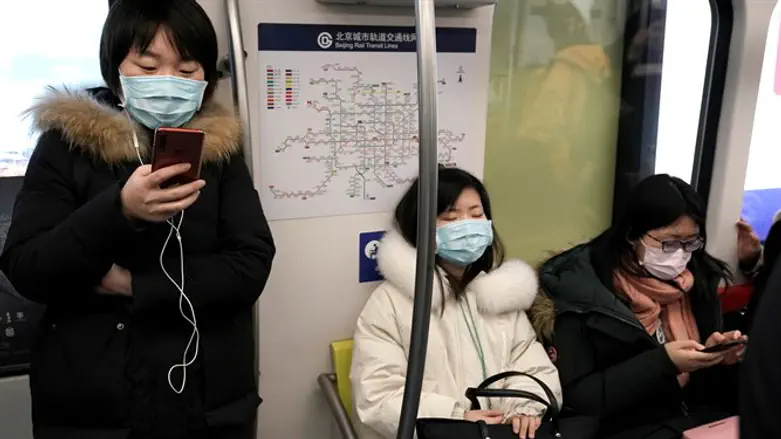
Dr. Bill Hanage, associate professor of epidemiology at the Harvard T.H. Chan School of Public Health, talks about the meaning of the need to 'flatten the curve.'
"We're talking about the epidemic curve," he said. "Infectious disease outbreaks tend to follow a fairly predictable pattern, if you can understand the mathematics of it well enough. You get the data on that early on. What you see is you see a rapid increase in the number of cases. And then if it continues without any intervention, will only start to decrease once enough people are immune. What we're trying to do in 'flatten[ing] the curve' is to slow the rate of increase."
"Essentially at the start, it's always going to be exponential and we should be intervening now to try and make it less steep."
That initial rate of increase, if there are no protective measures put into place for an epidemic, is it typically sort of an exponential increase? Is it ever linear?
"There's always going to be an exponential feature to this because of the fact that the way that infectious diseases spread. It will get more complicated as time goes on because of the fact that, among other things, people change their behavior. And also, among other things, you can't always be infected. You can't be infected more than once. ... If you've been infected by one person, the contact from another person doesn't count in quite the same way. So essentially at the start, it's always going to be exponential and we should be intervening now to try and make it less steep."
"I think that we have a lot to learn from China. But I also think that we've got to recognize that there are large differences between China and the United States. This is why I think that the most important thing to do is to get as much information out on social distancing across the country, as early as possible. Prepare people for the disruption that their lives are going to be suffering. Prepare people for the fact that it's not just possible that you will see closures of workplaces and possibly schools. At some point, it's likely. So you should be prepared to be taking those outcomes. And I think that we've been taking a good few steps in the last few days and weeks. And I'll be honest, I haven't even had time to keep track of the news because basically my attention is consumed with this global pandemic. The earlier that we can take steps, the better."
